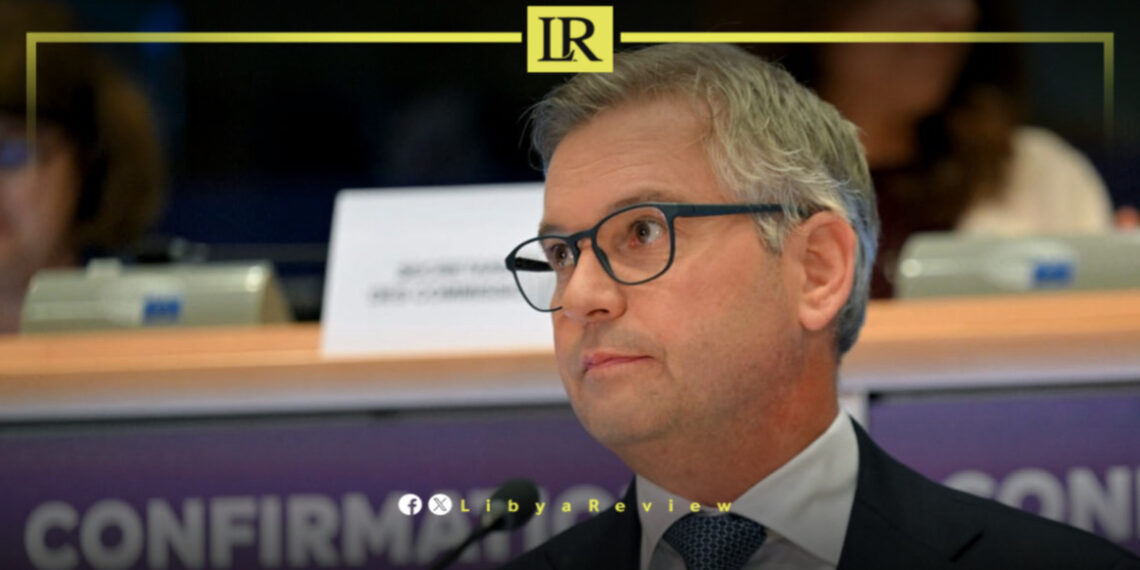European Union Migration Commissioner Magnus Brunner has announced a decisive shift in the EU’s approach toward Libya in response to a marked rise in migrant crossings through the Central Mediterranean.
Speaking at a conference in Athens on Tuesday, Brunner underscored that Libya has become a primary concern as the number of boats departing Libyan shores grows. “Libya is at the top of our agenda,” he emphasized. “We will travel to Libya next week because swift and firm action is necessary.”
Brunner disclosed that he will visit Libya next week alongside senior officials from Greece, Italy, and Malta. The delegation’s objective is clear: to pressure Libyan authorities into bolstering measures that prevent migrant boats from leaving their ports. By engaging both factions of Libya’s divided government—including the UN-recognized Government of National Unity in the west and the rival eastern administration—the EU delegation aims to close gaps in migration control stemming from the country’s political fragmentation.
The trip is part of a broader EU strategy to stabilize migration flows and reduce fatalities at sea. In recent months, the International Organization for Migration and other humanitarian agencies have reported a dramatic increase in departures from Libya, often on flimsy vessels. These irregular crossings have resulted in countless tragedies and created heightened political tension in European countries, particularly those on the Mediterranean’s southern edge.
Brunner’s hardline language reflects mounting public and political pressure in Europe to tackle migration. EU member states such as Italy, Greece, and Malta have demanded stronger cooperation from Libya, through measures like enhanced coastal patrols, accelerated interception of unseaworthy boats, and tighter regulation of departure points. The upcoming mission is expected to pave the way for greater border security, extended training for Libyan coast guards, and expanded engagement with North African partners.
However, challenges remain. Libya’s ongoing political division slows coordination and weakens enforcement mechanisms. Brunner’s mission must navigate these complexities and convince both administrations to commit to joint action. The EU likely aims to back its diplomatic push with financial support, technical assistance, and contingency plans for refugee processing.


